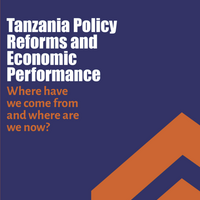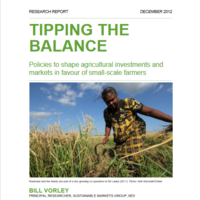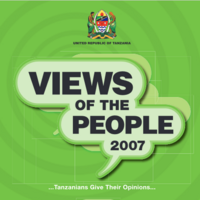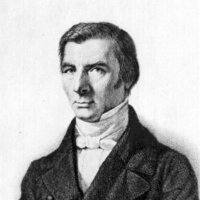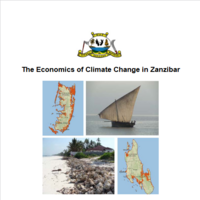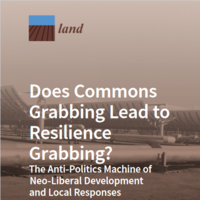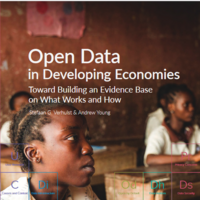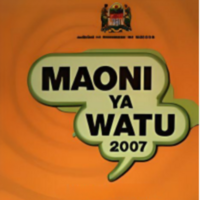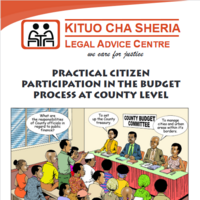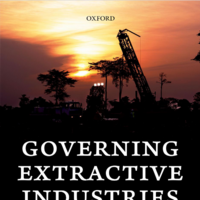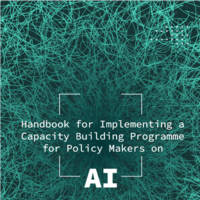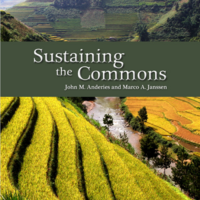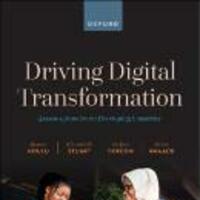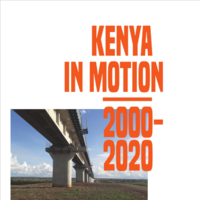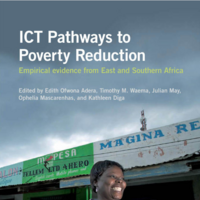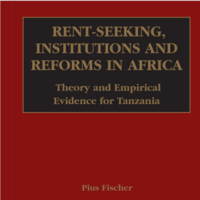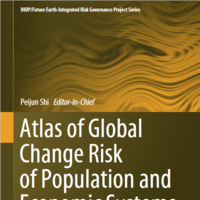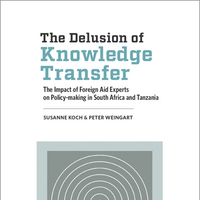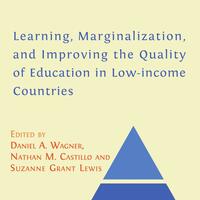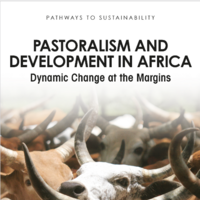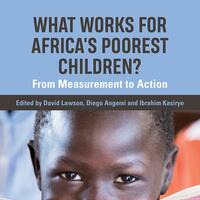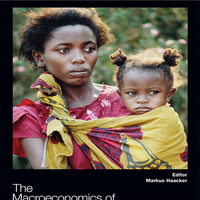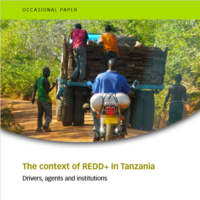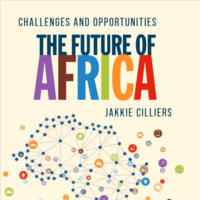Search
Books+
Searching 1,73 books
Search related to the career Economist
Introduction
Economists play a crucial role in developing policies that aim to address various economic issues and promote overall societal welfare. Their approach involves a systematic and evidence-based analysis of economic data, theories, and models. This process typically consists of several key steps, including problem identification, research and analysis, policy formulation, and policy evaluation.
Problem Identification
The first step in developing policies is identifying the economic problems or challenges that need to be addressed. This could involve issues such as unemployment, inflation, income inequality, market failures, or externalities. Economists gather relevant data, conduct research, and analyze the root causes and consequences of these problems.
Research and Analysis
Once the problems are identified, economists engage in extensive research and analysis to understand the underlying factors and dynamics at play. They review existing economic literature, collect and analyze data, and employ various economic models and theories to gain insights into the problem's nature and potential solutions.
Policy Formulation
Based on their research and analysis, economists formulate potential policy options to address the identified problems. These policy options are designed to achieve specific economic objectives, such as promoting economic growth, reducing unemployment, or stabilizing prices. Economists consider the costs, benefits, and feasibility of each policy option, taking into account economic, social, and political factors.
Policy Evaluation
After formulating policy options, economists evaluate their potential impacts using quantitative and qualitative methods. They assess the expected outcomes, costs, and risks associated with each policy alternative. This evaluation process often involves conducting economic simulations, impact assessments, cost-benefit analyses, and considering potential unintended consequences.
Consultation and Feedback
Economists also engage in consultations with various stakeholders, including policymakers, businesses, interest groups, and the general public. They seek feedback, gather diverse perspectives, and incorporate relevant insights into the policy development process. This helps ensure that policies are well-informed, responsive to societal needs, and politically viable.
Policy Implementation and Monitoring
Once a policy is selected, economists collaborate with policymakers and other stakeholders to implement and monitor its execution. They provide guidance on the practical aspects of policy implementation, monitor its progress, and assess its effectiveness over time. This monitoring process helps economists identify any necessary adjustments or modifications to optimize policy outcomes.
Conclusion
Economists develop policies through a rigorous and systematic process that involves problem identification, research and analysis, policy formulation, policy evaluation, consultation, and policy implementation. By applying their expertise and utilizing economic theories and models, economists contribute to the development of evidence-based policies that aim to address economic challenges and promote societal welfare.
Source: Various AI tools
Uchumi
Books tagged economics
Siasa
Maendeleo endelevu
Books tagged sustainable development
Searched in English.
